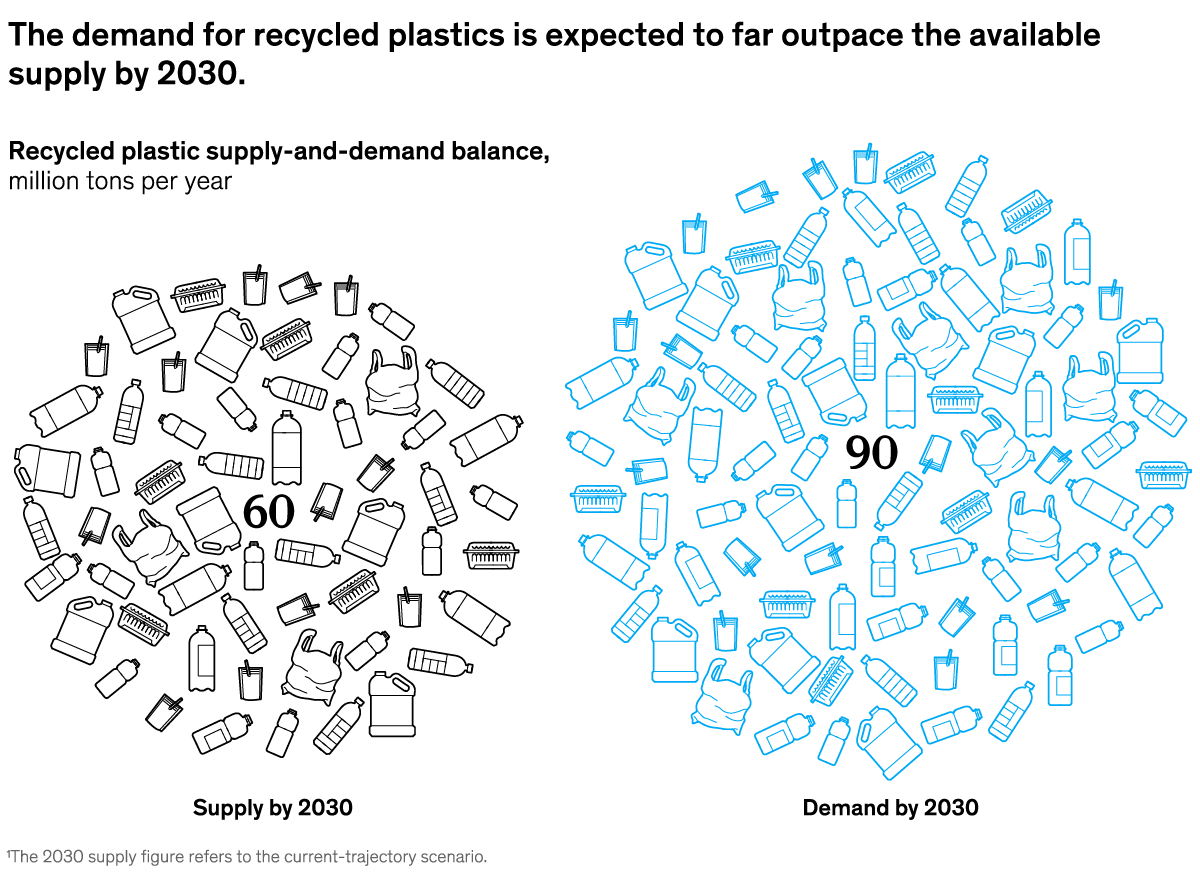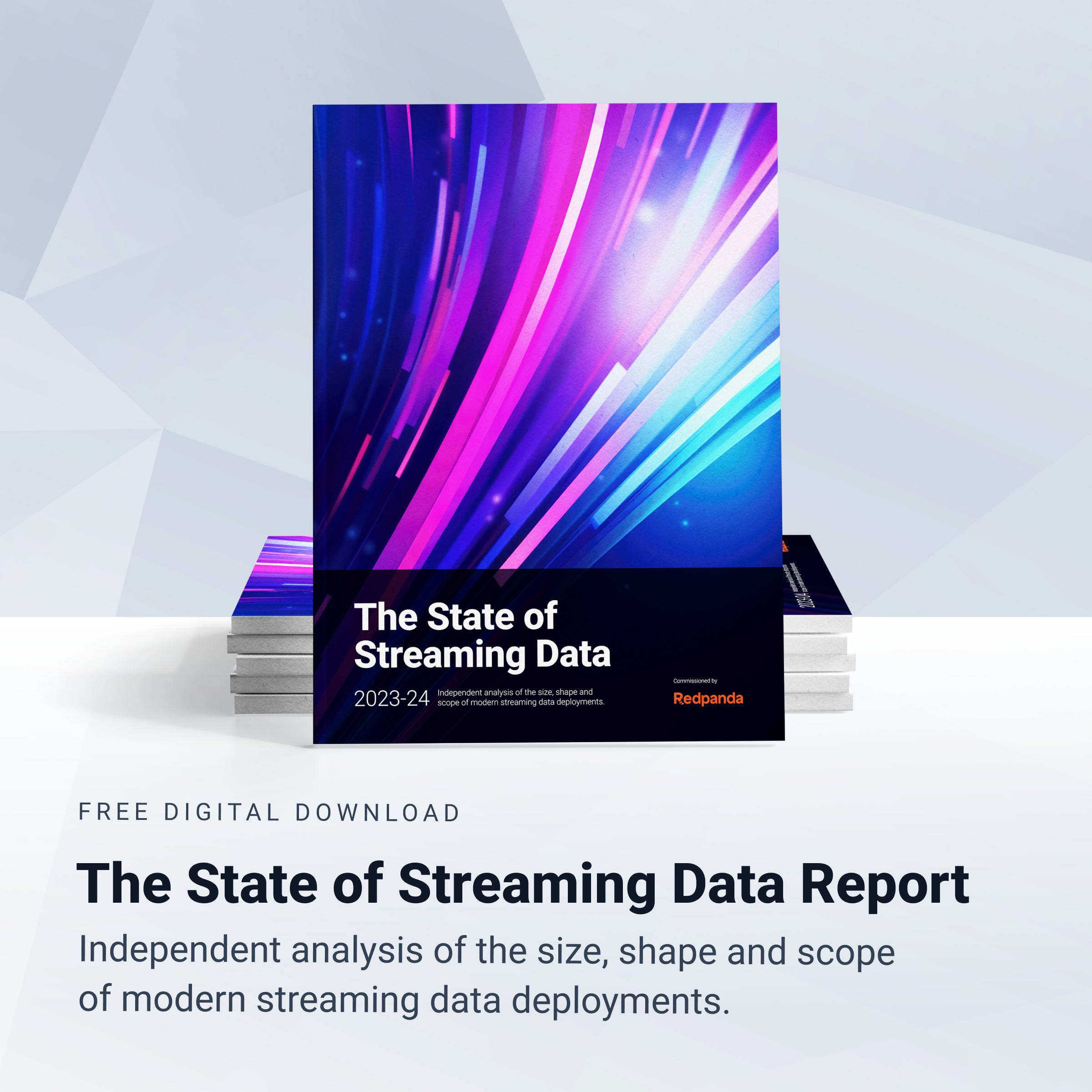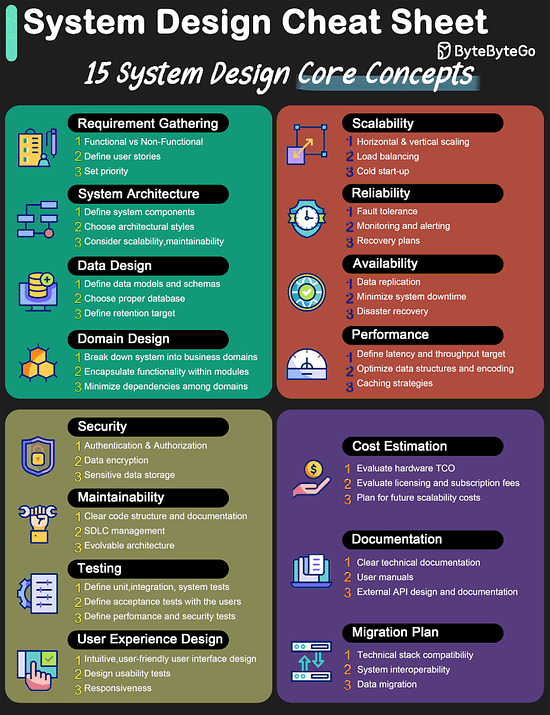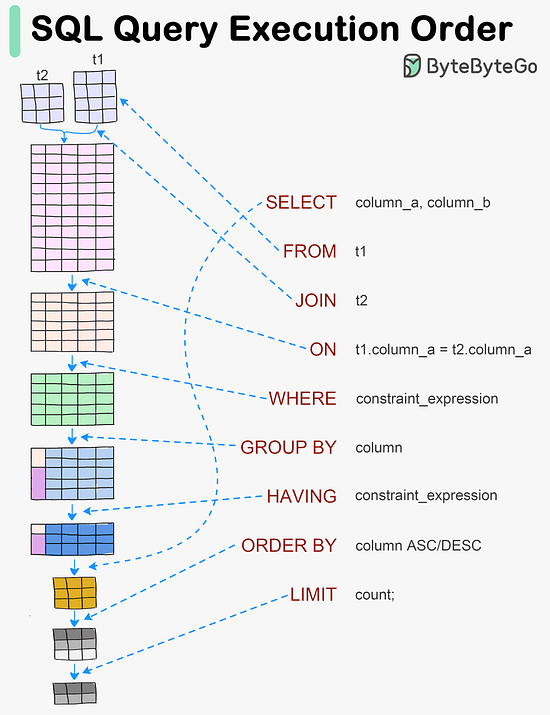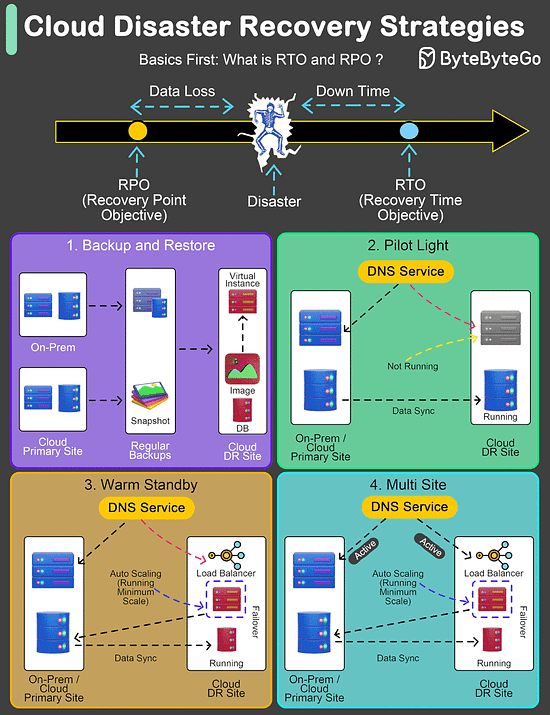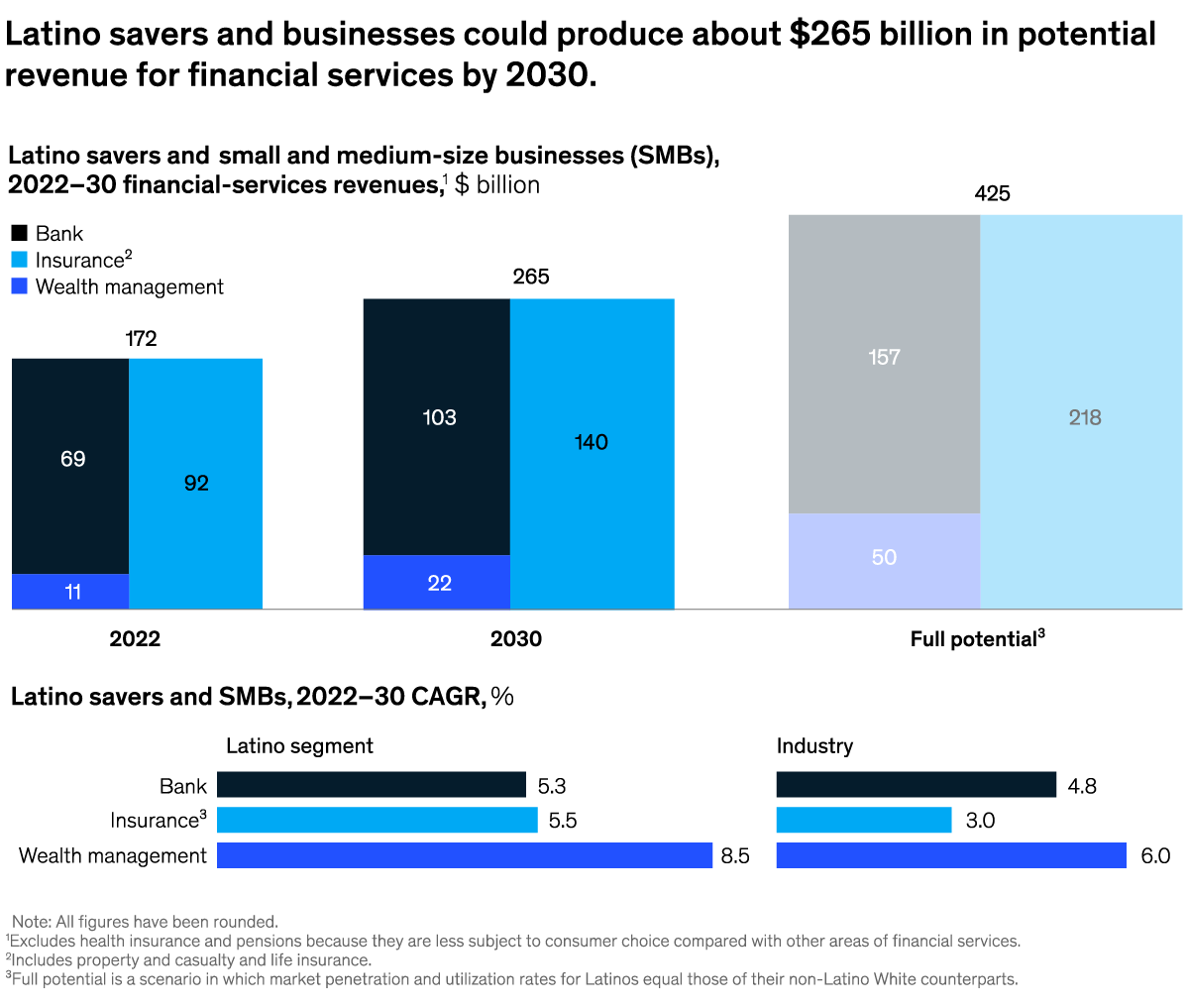Archives
- By thread 5358
-
By date
- June 2021 10
- July 2021 6
- August 2021 20
- September 2021 21
- October 2021 48
- November 2021 40
- December 2021 23
- January 2022 46
- February 2022 80
- March 2022 109
- April 2022 100
- May 2022 97
- June 2022 105
- July 2022 82
- August 2022 95
- September 2022 103
- October 2022 117
- November 2022 115
- December 2022 102
- January 2023 88
- February 2023 90
- March 2023 116
- April 2023 97
- May 2023 159
- June 2023 145
- July 2023 120
- August 2023 90
- September 2023 102
- October 2023 106
- November 2023 100
- December 2023 74
- January 2024 75
- February 2024 75
- March 2024 78
- April 2024 74
- May 2024 108
- June 2024 98
- July 2024 116
- August 2024 134
- September 2024 130
- October 2024 141
- November 2024 171
- December 2024 115
- January 2025 216
- February 2025 140
- March 2025 220
- April 2025 233
- May 2025 239
- June 2025 303
- July 2025 171
-
Discover the path to the autonomous enterprise [MEGACAST]
Join us on February 27th to find out what should be at the center of your AI strategy͏ ͏ ͏ ͏ ͏ ͏ ͏ ͏ ͏ ͏ ͏ ͏ ͏ ͏ ͏ ͏ ͏ ͏ ͏ ͏ ͏ ͏ ͏ ͏ ͏ ͏ ͏ ͏ ͏ ͏ ͏ ͏ ͏ ͏ ͏ ͏ ͏ ͏ ͏ ͏ ͏ ͏ ͏ ͏ ͏ ͏ ͏ ͏ ͏ ͏ ͏ ͏ ͏ ͏ ͏ ͏ ͏ ͏ ͏ ͏ ͏ ͏ ͏ ͏ ͏ ͏ ͏ ͏ ͏ ͏ ͏ ͏ ͏ ͏ ͏ ͏ ͏ ͏ ͏ ͏ ͏ ͏ ͏ ͏ ͏ ͏ ͏ ͏ ͏ ͏ ͏ ͏ ͏ ͏ ͏ ͏ ͏ ͏ ͏ ͏ ͏ ͏ ͏ ͏ ͏ ͏ ͏ ͏ ͏ ͏ ͏ ͏ ͏ ͏ ͏ ͏ ͏ ͏ ͏ ͏ ͏ ͏ ͏ ͏ ͏ ͏ ͏ ͏ ͏ ͏ ͏ ͏ ͏ ͏ ͏ ͏ ͏ ͏ ͏ ͏ ͏ ͏ ͏ ͏ ͏ ͏ ͏ ͏ ͏ ͏ ͏ ͏ ͏ ͏ ͏ ͏Hi Md Abul,
AI is no doubt going to change everything. But what it means to you and your enterprise can be within your control.
Join Tray CEO Rich Waldron, CTO Alistair Russell, and Head of Product Alex Kohlhofer to discover why a modern iPaaS is the cornerstone of your enterprise-wide AI strategy at our upcoming Megacast, "The Path to the Autonomous Enterprise," on February 27th from 10 - 11am PT.
What to expect:
- Explore the transformative potential of AI-powered iPaaS to create self-governing business processes
- Learn how IT leaders are embracing AI strategies to increase differentiation and achieve better business outcomes
- Hear about exciting new iPaaS product announcements you can use today that will become the foundation of your autonomous enterprise tomorrow
© Tray.io Inc. 25 Stillman Street, San Francisco, CA 94107, United States
Connectors | Blog | Careers
Unsubscribe from Tray.io Webinar and Event Invitations
Unsubscribe from all Tray.io marketing emails
by "The Tray.io Team" <team@tray.io> - 01:00 - 1 Feb 2024 -
Good Code vs. Bad Code
Good Code vs. Bad Code
In our newsletter, we’ve mainly focused on system designs. This time, we’re switching gears to a topic just as crucial: the code itself. Ever encountered a system that looks great in design but turns out to be a headache in code? That’s our focus in this issue. We’re breaking down what makes code good versus bad. It’s all about turning those great designs into equally great code. Let’s dive into the details that truly make a difference in coding. Forwarded this email? Subscribe here for moreLatest articles
If you’re not a subscriber, here’s what you missed this month.
To receive all the full articles and support ByteByteGo, consider subscribing:
In our newsletter, we’ve mainly focused on system designs. This time, we’re switching gears to a topic just as crucial: the code itself. Ever encountered a system that looks great in design but turns out to be a headache in code? That’s our focus in this issue. We’re breaking down what makes code good versus bad. It’s all about turning those great designs into equally great code. Let’s dive into the details that truly make a difference in coding.
Why Good Code Matters?
So, why should we care about good code? Think of it as the foundation of your software. Good code isn’t just about making things work; it’s about making them work efficiently and sustainably. It’s the difference between a smooth, efficient development experience and a frustrating, time-consuming one.
Good code maintains stability and predictability, even as your project grows in complexity. It’s like having a reliable tool that keeps performing, no matter how tough the job gets. When it comes to scaling up, good code is essential. It allows for expansion without the bottlenecks and headaches that come with a more shortsighted approach.
Sure, crafting good code requires more thought and effort at the outset. But this investment pays off by saving costs in the long run. Bad code, on the other hand, is a ticking time bomb - difficult to update and can lead to costly rewrites.
There’s also the aspect of teamwork and continuity. High-quality code, which is usually well-documented and adheres to standards, makes it easier for teams to collaborate. It streamlines the onboarding process, accelerates delivery, and facilitates team expansion.
Let’s illustrate our points in the diagram below by comparing the two designs of a hypothetical knob-turning mechanism. The ‘good code’ uses a belt mechanism – flexible and easy to adjust. The ‘bad code’ version, however, relies on a rigid rod – more limited and prone to complications when changes are needed.
As requirements change and the knob needs to be relocated, the ‘good code’ with its belt mechanism easily accommodates this with a simple extension. The ‘bad code’, with its rigid rod, would require a whole new configuration, which is neither time nor cost-effective.
In another inevitable revision, we need to alter the speed at which the know turns. The ‘good code’ can simply switch to a different-sized gear. The ‘bad code’ setup, however, becomes increasingly complex as it requires additional parts and makes the system more convoluted and susceptible to breakage.
We're not advocating for overengineering from the get-go, especially in a startup context where resources are limited and the future is uncertain. The key is understanding the long-term implications of our coding choices. Building overly complex systems prematurely can be as counterproductive as repeatedly choosing quick fixes. The art lies in striking the right balance, a taste and skill that comes with experience and thoughtful consideration.
To kick things off, we’ve selected five broad areas for discussion. They're not exhaustive by any means, but they are good for a good starting point for a broader conversation on what takes code from bad to good. Are you ready to dive in?
The Importance of Good Names
Coding standards often start with naming conventions for classes, functions, variables, and more. This might seem simple, but it requires thoughtful design.
Consider the following service class names:
OrderManagementService PaymentManagementService DatabaseManagementServiceBy suffixing “ManagementService” to everything, the names become unnecessarily long and repetitive.
Next look at this function:
boolean processPayment(PaymentInstruction paymentInstruction) { Channel preferredChannel = paymentInstruction.getChannel(); channelFactory.getChannel(preferredChannel) .send(paymentInstruction); }Despite following naming conventions, “processPayment” does not communicate what exactly happens. The word “process” is too generic. It doesn’t tell us the current state of the payment and what we are going to do with it.
We understand from reading the code that it sends the payment instruction to an external channel for processing. We could name it “sendPaymentToExternalChannel()” but that exposes too many details. “startPayment()” can be a good choice, as it indicates initiating the payment flow without exposing internal details.
Good names like this reduce the need for excessive comments when collaborating!
Let’s look at another example.
String userId = paymentInstruction.getUserId();It would be good if “userId” were renamed to a more domain-relevant name, such as “payerId”.
String payerId = paymentInstruction.getPayerId();So in conclusion, effective names should:
Concisely and accurately describe purpose
Use business domain terminology
Avoid exposing implementation details
The Perils of Copying Code
Sometimes urgent business requirements arise, but modifying existing code is too risky because it is badly-encapsulated with very few tests. In these situations, it is tempting to simply copy portions of code into new components as a shortcut, then start modifying to suit new needs.
We faced this circumstance when building a compliance-centric Know Your Client (KYC) service. It required user management functionality already present in a tightly coupled UserService module used elsewhere. Lacking time to modularize UserService, we copied relevant parts into the new KYC service and customized it.
So two duplicated versions of the user service logic stayed there long-term. Whenever we needed to update the user-related functionalities, we had to remember to modify two places - both the original UserService and the copied code now in the KYC service. This was often forgotten by developers, resulting in inconsistent behavior and outages. Keeping duplicate copies of the same logic in sync proved error-prone
Keep reading with a 7-day free trial
Subscribe to ByteByteGo Newsletter to keep reading this post and get 7 days of free access to the full post archives.
A subscription gets you:
An extra deep dive on Thursdays Full archive Many expense it with team's learning budget Like
Comment
Restack
© 2024 ByteByteGo
548 Market Street PMB 72296, San Francisco, CA 94104
Unsubscribe
by "ByteByteGo" <bytebytego@substack.com> - 11:38 - 1 Feb 2024 -
[Report] Unlocking retail success: Observability trends and strategies
New Relic
 With billions of dollars of consumer spending being driven via digital, retailers need to improve their uptime and reliability and double down on their digital customer experience strategies. A seamless, omnichannel customer journey means investing in observability tools that provide complete visibility across complicated technology stacks.
With billions of dollars of consumer spending being driven via digital, retailers need to improve their uptime and reliability and double down on their digital customer experience strategies. A seamless, omnichannel customer journey means investing in observability tools that provide complete visibility across complicated technology stacks.
This report focuses on the adoption and business value of observability across the retail sector. Topics include:
- Outage frequency, downtime (MTTD and MTTR), and cost (hourly and annual)
- Trends driving retail observability adoption
- Number of retail data monitoring tools and preference
- The future of observability for Retail
Read Report Need help? Let's get in touch.



This email is sent from an account used for sending messages only. Please do not reply to this email to contact us—we will not get your response.
This email was sent to info@learn.odoo.com Update your email preferences.
For information about our privacy practices, see our Privacy Policy.
Need to contact New Relic? You can chat or call us at +44 20 3859 9190.
Strand Bridge House, 138-142 Strand, London WC2R 1HH
© 2024 New Relic, Inc. All rights reserved. New Relic logo are trademarks of New Relic, Inc

by "New Relic" <emeamarketing@newrelic.com> - 06:08 - 1 Feb 2024 -
How is the workforce changing in 2024?
On Point
Catch up with McKinsey Talks Talent Brought to you by Liz Hilton Segel, chief client officer and managing partner, global industry practices, & Homayoun Hatami, managing partner, global client capabilities
— Edited by Belinda Yu, editor, Atlanta
This email contains information about McKinsey's research, insights, services, or events. By opening our emails or clicking on links, you agree to our use of cookies and web tracking technology. For more information on how we use and protect your information, please review our privacy policy.
You received this newsletter because you subscribed to the Only McKinsey newsletter, formerly called On Point.
Copyright © 2024 | McKinsey & Company, 3 World Trade Center, 175 Greenwich Street, New York, NY 10007
by "Only McKinsey" <publishing@email.mckinsey.com> - 01:36 - 1 Feb 2024 -
Join us at LEAP 2024: The API observability conference - Feb 29th!
Join us at LEAP 2024: The API observability conference - Feb 29th!
Unleash the power of observability at LEAP 2024! Secure your spot now and revolutionise your approach to platform team operations.Are you ready to make this leap year extraordinary? Seize the moment on February 29, and join us at:
LEAP 2024: The API observability conference: A virtual event that promises to transform your skills from basic to expert in just one day!
API platform teams, this conference is designed for you, focusing on revolutionising your approach to platform team operations and API observability strategies.
This unique event will feature distinct business and technical tracks designed to accommodate both decision-makers and implementers.
What's in store for you?
Expert speakers
Gain valuable perspectives from thought leaders shaping the API observability landscape.
Hands-on learning
Take part in practical workshops and listen to real-world case studies.
Networking opportunities
Connect with peers and experts who are at the forefront of API observability innovation.
Access to resources and tools
A wealth of resources and tools to continue your learning journey post-event.
The important bits:
Thurs
29
FebTime
9am - 4pm
ETVirtual
Zoom
eventReserve your spot now and take your API observability to the next level.
We're excited to see you there!
Tyk
Tyk, 87a Worship Street, London, City of London EC2A 2BE, United Kingdom, +44 (0)20 3409 1911
by "Tyk" <communities@tyk.io> - 07:10 - 31 Jan 2024 -
Africa’s future depends on harnessing its strengths
On Point
‘There is no one Africa’ Brought to you by Liz Hilton Segel, chief client officer and managing partner, global industry practices, & Homayoun Hatami, managing partner, global client capabilities
•
The future of Africa. Despite a decline in GDP growth and lagging productivity, there’s reason to be optimistic about Africa’s future, McKinsey senior partner Acha Leke and partner Mayowa Kuyoro reveal on an episode of The McKinsey Podcast. The continent has a booming population: by 2050, nearly one out of every four people in the world will be from Africa. Africa is also the world’s fastest-urbanizing region, with 500 million people expected to move from the countryside into cities by 2040, Leke shares.
•
‘The next Bangalore.’ While the numbers of working-age people shrink or remain flat in other areas, Africa will add millions of people to the global workforce, Kuyoro says. The continent could become “the next Bangalore,” providing digital services to the rest of the world, Leke explains. Stakeholders must ensure that African talent is skilled and trained. Listen to the podcast to learn how Africa’s strengths and assets could help it reinvigorate its economy, and for more, read the full report, Reimagining economic growth in Africa.
— Edited by Belinda Yu, editor, Atlanta
This email contains information about McKinsey's research, insights, services, or events. By opening our emails or clicking on links, you agree to our use of cookies and web tracking technology. For more information on how we use and protect your information, please review our privacy policy.
You received this newsletter because you subscribed to the Only McKinsey newsletter, formerly called On Point.
Copyright © 2024 | McKinsey & Company, 3 World Trade Center, 175 Greenwich Street, New York, NY 10007
by "Only McKinsey" <publishing@email.mckinsey.com> - 01:25 - 31 Jan 2024 -
You're Invited: New Relic EMEA User Meetups - New Cities Added!
Hello,
I wanted to invite you to join a team of New Relic engineers and other local users at our winter user meetups across EMEA.
Join us for food, drinks and of course - data talk. We’ve got a jam-packed agenda, and we’ll wrap up the afternoon with a little fun.
Sign up for your city below to discover more about your local meetup and to save your spot!
- Stockholm, March 5 - Register
- Dubai, March 5 - Register
- Madrid, March 7- Register
- Munich, March 7 - Register
- Warsaw, March 12 - Register
- Dublin, March 13 - Register
- London, March 13 - Register
- Manchester, March 14 - Register
- Berlin, March 14 - Register
In this round of meetups, you’ll learn what’s new and what’s next from New Relic, with exciting announcements around New Relic AI, AI monitoring (AIM), live archives, continuous automated testing, session replay and mobile user journeys.
We’ll also take you through some powerful best practice sessions on:
- Mastering log data, importation, parsing, filtering, dropping, and setting up alerts.
- Converting events-to-metrics, for faster and more efficient long-term data analysis.
- Managing SLOs and SLIs with our recommendation engine and personalised views.
Then we throw it back to the year 2013 and the game Flappy Birds. Bring your a-game to compete in our version of Flappy Birds - powered by browser, APM, and logs. We will monitor the web-based game and show a live leaderboard of the results. There will be prizes aplenty!
Register now and save your seat.
We look forward to seeing you there.
Kind regards,
Harry Kimpel
Principal Developer Relations Engineer - EMEA

View this online · Unsubscribe
This email was sent to info@learn.odoo.com. If you no longer wish to receive these emails, click on the following link: Unsubscribe
by "Harry Kimpel" <emeaevents@newrelic.com> - 05:06 - 30 Jan 2024 -
What can we learn from Davos 2024?
On Point
Ten takeaways from Davos 2024 Brought to you by Liz Hilton Segel, chief client officer and managing partner, global industry practices, & Homayoun Hatami, managing partner, global client capabilities
•
Reason for optimism. At the 54th annual WEF meeting, delegates from academia, business, civil society, media, and government convened to focus on the fundamental principles driving trust. A common theme at Davos 2024 was that while challenges and surprises remain inevitable, opportunities abound, reflect McKinsey chief marketing officer and senior partner Tracy Francis and McKinsey Global Institute chair and senior partner Sven Smit.
•
Ten takeaways. One main insight from this year’s meeting is that sustainability is a business imperative. Although navigating the net-zero economy has become more complex over the past 12 months, organizations that act courageously can generate value more quickly, leaping ahead of competitors. Another key idea? Don’t overlook India’s potential, as the country is one of the world’s fastest-growing large economies. Explore ten key takeaways from Davos 2024, the largest annual meeting in WEF’s history.
— Edited by Belinda Yu, editor, Atlanta
This email contains information about McKinsey's research, insights, services, or events. By opening our emails or clicking on links, you agree to our use of cookies and web tracking technology. For more information on how we use and protect your information, please review our privacy policy.
You received this newsletter because you subscribed to the Only McKinsey newsletter, formerly called On Point.
Copyright © 2024 | McKinsey & Company, 3 World Trade Center, 175 Greenwich Street, New York, NY 10007
by "Only McKinsey" <publishing@email.mckinsey.com> - 01:12 - 30 Jan 2024 -
Operations in the spotlight: A leader’s guide
Smooth operators Brought to you by Liz Hilton Segel, chief client officer and managing partner, global industry practices, & Homayoun Hatami, managing partner, global client capabilities
Operations was rarely a high-profile organizational function until the COVID-19 pandemic thrust it—and the role of chief operating officers—into the limelight. In a business environment that demands agility and resilience, how a company executes its strategies is critical to its success. This week, we explore the state of operations today and how logistics and supply chain executives can prepare for the tough challenges ahead by better prioritizing operations efforts and investments.
The business environment may have been far different in 2001 when author Jim Collins published his management bestseller Good to Great: Why Some Companies Make the Leap ... and Others Don’t. Yet a basic principle set forth in the book endures more than two decades later: performance improvement depends not on quick fixes but on consistent and committed strategies for growth. Our latest research on operational excellence shows that even in today’s uncertain business conditions, organizations go from good to great by sticking to fundamental principles, such as defining a purpose, establishing behaviors to achieve their strategic vision, and using technology to augment human capabilities. But the process takes time. “Operational excellence is not something that leaders can whip up in time for the next quarterly report,” note McKinsey senior partner Richard Sellschop and colleagues. “If leaders take shortcuts and decide that ‘the tools alone will get us where we need to go,’ the impact will likely evaporate in months.”
That’s the average percentage of industrial companies’ capital spending that will go toward automated systems over the next five years, according to the results of the 2022 McKinsey Global Industrial Robotics Survey. The logistics and fulfillment sector may allocate 30 percent or more of its capital expenditures to automation, the highest share of all the industrial segments surveyed. Yet “many companies are struggling to translate their intentions for robotics and automation into actions, with challenges related to knowledge and return on investment being particularly difficult hurdles,” observe McKinsey partner Emily Shao and coauthors. “Vendors should be able to offer solutions that are cost-efficient, rapidly deployed, reliable, safe, and scalable.”
That’s McKinsey senior partner Nicolai Müller and colleagues on how an often-overlooked part of operations could, if transformed, help develop an organization’s competitive edge. Indirect operations such as engineering, maintenance, and quality management can be difficult to measure in a standardized way, but our research into more than 1,000 plants over the past five years has identified certain benchmarking practices that may help quantify indirect operations’ potential for improved performance. For example, decreasing the number of work packages, reports, and meetings can improve efficiency by 5 to 15 percent. Using such strategies, “it is not uncommon to identify and unlock a 15 to 25 percent optimization potential in indirect functions, which can translate to a sizeable impact on the bottom line,” suggest the McKinsey experts.
“This has been a unique time where operations and supply chains have moved into the boardroom, and I think that’s a really good thing,” says McKinsey senior partner Daniel Swan in a podcast on the operations landscape in 2024. “It’s especially good for companies to have more boards and CEOs thinking about supply chains and operations every day.” Meeting sustainability demands, strengthening supply chain resilience, and delivering on large capital projects may be among the urgent pressures that operations leaders will face, notes Swan. McKinsey senior partner Axel Karlsson adds that generative AI may be a game changer for operations: “We are expecting a new S-curve driven by generative AI. I think the shift will be almost as big as when the computer hit the desk in the office. It will be a big new revolution.”
Among this year’s Oscar nominees is a surprise entrant called Robot Dreams, an animated film about the close friendship between a dog and a robot that the dog builds as a companion for himself. That scenario may not be as far-fetched as it seems. Robots already perform many warehousing functions, and social robots have been shown to help older people lead independent lives. The future may see a “robotics revolution,” predicts philanthropist Bill Gates. New human-centered robots “can be programmed to do a wide array of tasks—from carrying boxes in a factory to helping out with household chores,” the former Microsoft leader writes in his blog. “In healthcare, hospitality, agriculture, manufacturing, construction, and even our homes, robots have the potential to transform the way we live and work.”
Lead by operating smartly.
— Edited by Rama Ramaswami, senior editor, New York
Share these insights
Did you enjoy this newsletter? Forward it to colleagues and friends so they can subscribe too. Was this issue forwarded to you? Sign up for it and sample our 40+ other free email subscriptions here.
This email contains information about McKinsey’s research, insights, services, or events. By opening our emails or clicking on links, you agree to our use of cookies and web tracking technology. For more information on how we use and protect your information, please review our privacy policy.
You received this email because you subscribed to the Leading Off newsletter.
Copyright © 2024 | McKinsey & Company, 3 World Trade Center, 175 Greenwich Street, New York, NY 10007
by "McKinsey Leading Off" <publishing@email.mckinsey.com> - 04:17 - 29 Jan 2024 -
So you want to be CEO? Start by testing your motivations.
On Point
Four ways to get ready Brought to you by Liz Hilton Segel, chief client officer and managing partner, global industry practices, & Homayoun Hatami, managing partner, global client capabilities
•
Why motivation matters. More than two-thirds of the CEOs McKinsey spoke with said that in hindsight, they were unprepared for the role, senior partner Carolyn Dewar reveals on a recent episode of the Inside the Strategy Room podcast. Aspiring CEOs should test their motivations, says Dewar, who coauthored the New York Times bestseller CEO Excellence with senior partners Scott Keller and Vik Malhotra. Those who want the job only for external validation should know that the honeymoon period wears off quickly, according to top CEOs.
— Edited by Belinda Yu, editor, Atlanta
This email contains information about McKinsey's research, insights, services, or events. By opening our emails or clicking on links, you agree to our use of cookies and web tracking technology. For more information on how we use and protect your information, please review our privacy policy.
You received this newsletter because you subscribed to the Only McKinsey newsletter, formerly called On Point.
Copyright © 2024 | McKinsey & Company, 3 World Trade Center, 175 Greenwich Street, New York, NY 10007
by "Only McKinsey" <publishing@email.mckinsey.com> - 01:18 - 29 Jan 2024 -
The week in charts
The Week in Charts
Sustainable packaging, innovation cultures, and more Our McKinsey Chart of the Day series offers a daily chart that helps explain a changing world—as we strive toward sustainable and inclusive growth. In case you missed them, this week’s graphics explored sustainable packaging, innovation cultures, banking’s gen AI opportunities, consumer spending on essentials, and better serving Latino customers in financial services.
Share these insights
Did you enjoy this newsletter? Forward it to colleagues and friends so they can subscribe too. Was this issue forwarded to you? Sign up for it and sample our 40+ other free email subscriptions here.
This email contains information about McKinsey's research, insights, services, or events. By opening our emails or clicking on links, you agree to our use of cookies and web tracking technology. For more information on how we use and protect your information, please review our privacy policy.
You received this email because you subscribed to The Week in Charts newsletter.
Copyright © 2024 | McKinsey & Company, 3 World Trade Center, 175 Greenwich Street, New York, NY 10007
by "McKinsey Week in Charts" <publishing@email.mckinsey.com> - 03:27 - 27 Jan 2024 -
EP96: A cheat sheet for system design
EP96: A cheat sheet for system design
This week’s system design refresher: A cheat sheet for system designs Visualizing a SQL query Cloud Disaster Recovery Strategies Part-Time Opportunity: Tech Researcher & Writer at ByteByteGo Free Digital Download: The State of Streaming Data (Sponsored) Forwarded this email? Subscribe here for moreThis week’s system design refresher:
A cheat sheet for system designs
Visualizing a SQL query
Cloud Disaster Recovery Strategies
Part-Time Opportunity: Tech Researcher & Writer at ByteByteGo
Free Digital Download: The State of Streaming Data (Sponsored)
Based on an independent survey of 300 streaming data-savvy tech professionals, this report shows how streaming data is used today, the size and shape of workloads, challenges, popular tools and plans for future adoption.
You’ll see what your peers are doing with streaming data, including:
Top concerns preventing companies from adopting streaming data
Daily volume of streaming data based on workload types
Data retention policies in use
Core components of streaming data pipelines
Top client libraries, data processing tools and formats
Download the report for the full findings.
A cheat sheet for system designs
The diagram below lists 15 core concepts when we design systems. The cheat sheet is straightforward to go through one by one. Save it for future reference!
Requirement gathering
System architecture
Data design
Domain design
Scalability
Reliability
Availability
Performance
Security
Maintainability
Testing
User experience design
Cost estimation
Documentation
Migration plan
Visualizing a SQL query
SQL statements are executed by the database system in several steps, including:
Parsing the SQL statement and checking its validity
Transforming the SQL into an internal representation, such as relational algebra
Optimizing the internal representation and creating an execution plan that utilizes index information
Executing the plan and returning the results
Cloud Disaster Recovery Strategies
An effective Disaster Recovery (DR) plan is not just a precaution; it's a necessity.
The key to any robust DR strategy lies in understanding and setting two pivotal benchmarks: Recovery Time Objective (RTO) and Recovery Point Objective (RPO).
Recovery Time Objective (RTO) refers to the maximum acceptable length of time that your application or network can be offline after a disaster.
Recovery Point Objective (RPO), on the other hand, indicates the maximum acceptable amount of data loss measured in time.
Let's explore four widely adopted DR strategies:
Backup and Restore Strategy:
This method involves regular backups of data and systems to facilitate post-disaster recovery.Typical RTO: From several hours to a few days.
Typical RPO: From a few hours up to the time of the last successful backup.
Pilot Light Approach:
Maintains crucial components in a ready-to-activate mode, enabling rapid scaling in response to a disaster.Typical RTO: From a few minutes to several hours.
Typical RPO: Depends on how often data is synchronized.
Warm Standby Solution:
Establishes a semi-active environment with current data to reduce recovery time.Typical RTO: Generally within a few minutes to hours.
Typical RPO: Up to the last few minutes or hours.
Hot Site / Multi-Site Configuration:
Ensures a fully operational, duplicate environment that runs parallel to the primary system, enabling uninterrupted functionality.Typical RTO: Almost immediate, often just a few minutes.
Typical RPO: Extremely minimal, usually only a few seconds old.
Over to you: What factors would influence your decision to choose a DR strategy?
Part-Time Opportunity: Tech Researcher & Writer at ByteByteGo, Where Your Writing Teaches Millions
About ByteByteGo Newsletter:
The ByteByteGo newsletter is one of the largest and fastest-growing technology newsletters in the world, with over 500,000 readers. ByteByteGo also has a social media audience of over 2 million.
What You’ll Be Doing:Researching: You will delve deep into interesting tech blogs, tech talks, and insightful papers.
Writing: Crafting a compelling ~2000-word blog/newsletter that covers noteworthy tech blogs, tech talks, and papers, and incorporates your thoughts.
Editing: Collaborating and iterating with me to finalize the article.
Requirements:
Minimum 3 years of experience in building large-scale distributed systems.
Passionate about explaining complex topics with simple terms.
Compelling writing style.
Hours:
The workload is initially expected to be around 5-10 hours per week, with the potential to increase.
Pays a competitive hourly rate.
Perks of the Part-time Job
Impact: Your work will be seen by millions of people around the world and will hopefully positively impact them.
Flexibility: Enjoy flexible hours as the position is fully remote.
Interested? Send your resume/LinkedIn and a sample of writing to hi@bytebytego.com
We appreciate your application and assure you that we will review all submissions. Due to the number of applicants, unfortunately, we may not be able to respond to everyone.Like
Comment
Restack
© 2024 ByteByteGo
548 Market Street PMB 72296, San Francisco, CA 94104
Unsubscribe
by "ByteByteGo" <bytebytego@substack.com> - 11:35 - 27 Jan 2024 -
You can now enter the Remote Excellence Awards 2024 🏆 Prepare for the limelight!
You can now enter the Remote Excellence Awards 2024 🏆 Prepare for the limelight!
This is your personal invitation to enter our first ever Remote Excellence Awards, designed to showcase outstanding companies on their global employment journeyWe’re excited to announce the official launch of the Remote Excellence Awards 2024!
With not one, not two, but TEN prestigious categories, you have a unique opportunity to spotlight your company’s innovative practices and achievements.
Whether you’re pioneering in DE&I, mastering global compensation, or crafting cutting-edge talent strategies, there’s a category tailored for your expertise.
Not yet a customer of Remote? Not to worry! There are four categories open to everyone, so don't be shy. Just make sure you hit ‘send’ on your entry before the deadline on March 1, 2024 at 11:59PM UTC.
Good luck! Team Remote
Remote is the the global HR
platform you deserveOnboard, pay, and manage employees and contractors around the world with Remote. You focus on finding the best hires — we'll handle the rest.
.png?height=64&upscale=true&name=Youtube%20(5).png)

.png?height=64&upscale=true&name=twitter%20(4).png)
.png?height=64&upscale=true&name=instagram%20(1).png)
You received this email because you are subscribed to News & Offers from Remote Europe Holding B.V
Update your email preferences to choose the types of emails you receive.
Unsubscribe from all future emailsRemote Europe Holding B.V
Copyright © 2024 Remote Europe Holding B.V All rights reserved.
Kraijenhoffstraat 137A 1018RG Amsterdam The Netherlands
by "Remote" <hello@remote-comms.com> - 09:15 - 26 Jan 2024 -
Live now! API platform engineering fundamentals programme
Live now! API platform engineering fundamentals programme
The Tyk API platform engineering fundamentals programme on-demand version is now live!After the resounding success of our 2023 programme, which we delivered to over 700 participants, the Tyk API platform engineering fundamentals programme is back with a new, on-demand version - and it's live now!
Whether you're a seasoned developer or just starting in the tech world, our programme is designed to empower you with the skills and knowledge needed to excel in API platform engineering.
What's in store for you?

On demand content:
The programme is designed to be flexible, allowing you to access all materials and learn when it's most convenient.
Comprehensive curriculum:
Our six carefully crafted modules cover everything from API basics to advanced techniques.
Expert guests: Budha, your superstar host and industry expert, will guide you through the intricacies of API platform engineering alongside a selection of expert guests.

Community:
Join a vibrant community of learners, connect with like-minded individuals, and foster professional relationships.
Certification:
Validate your Tyk API platform engineering expertise upon completion of the programme.Get ready to embark on a transformative journey into the world of API platform engineering!
Tyk, 87a Worship Street, London, City of London EC2A 2BE, United Kingdom, +44 (0)20 3409 1911
by "Budhaditya Bhattacharya" <communities@tyk.io> - 09:02 - 26 Jan 2024 -
Fixing the health equity gap could be worth $1 trillion
The Shortlist
Four new insights Curated by Liz Hilton Segel, chief client officer and managing partner, global industry practices, & Homayoun Hatami, managing partner, global client capabilities
Last week at Davos, thousands of leaders converged on the tiny Swiss town to kick around some big ideas. We were there to share our latest research, developed in partnership with the World Economic Forum (WEF), and to find out what’s on CEOs’ minds. In this edition of the CEO Shortlist, we look closely at four of the most critical issues for leaders at Davos—and for the year ahead. We hope you enjoy the read.
—Liz and Homayoun
The numbers are stark: over the course of their lifetimes, women are expected to spend 25 percent more time in poor health than men are. Closing this gap is primarily an issue of health equity and inclusivity. But better health equity would also have a positive economic outcome—potentially to the tune of $1 trillion annually by 2040.
For more on how better health is correlated with economic prosperity, read “Closing the women’s health gap: A $1 trillion opportunity to improve lives and economies,” the new McKinsey Health Institute report, by Kweilin Ellingrud, Lucy Pérez, Anouk Petersen, and Valentina Sartori.End of an era? The world is becoming more competitive and confrontational, as wars rage, supply chains unravel, and new rivalries emerge in business and politics. Despite these ominous developments, there are hints that global cooperation is not just continuing but even expanding.
Get your read on the global climate with The Global Cooperation Barometer 2024, the new WEF report written in collaboration with McKinsey, by Oliver Bevan, Daniel Pacthod, Olivia White, and their coauthors.A blueprint for a better world. The Resilience Consortium—which WEF launched in 2022 in partnership with McKinsey—has laid out the framework for a new kind of resilience muscle, one that both public and private sector leaders can use to make sure their organizations are ready for a tumultuous future. In a new report, we profile nine organizations that are turning the framework into action.
Get real with Building a resilient tomorrow: Concrete actions for global leaders, by Bob Sternfels, David Frances, María del Mar Martínez, Daniel Pacthod, Thomas Poppensieker, and their coauthors.It’s time to raise the bar on poverty. There was some celebration last week in Davos about the significant progress made toward eradicating extreme poverty. But leaders were also thinking critically about the work left to be done. The McKinsey Global Institute proposes centering the concept of empowerment—rather than poverty—to help ensure the focus stays on quality of life.
For more on what empowerment means—for people and the planet—check out “From poverty to empowerment: Raising the bar for sustainable and inclusive growth,” by Anu Madgavkar, Sven Smit, Mekala Krishnan, Kevin Russell, Rebecca J. Anderson, Lola Woetzel, Kweilin Ellingrud, and Tracy Francis.We hope you find these ideas inspiring and helpful. See you next time with four more McKinsey ideas for the CEO and others in the C-suite.
Share these insights
This email contains information about McKinsey’s research, insights, services, or events. By opening our emails or clicking on links, you agree to our use of cookies and web tracking technology. For more information on how we use and protect your information, please review our privacy policy.
You received this email because you subscribed to The CEO Shortlist newsletter.
Copyright © 2024 | McKinsey & Company, 3 World Trade Center, 175 Greenwich Street, New York, NY 10007
by "McKinsey CEO Shortlist" <publishing@email.mckinsey.com> - 04:42 - 26 Jan 2024 -
What is the board’s role in managing generative AI?
On Point
Questions that AI-savvy boards ask Brought to you by Liz Hilton Segel, chief client officer and managing partner, global industry practices, & Homayoun Hatami, managing partner, global client capabilities
•
The board’s role. Company boards are responsible for how generative AI (gen AI) is used at the companies they oversee. However, many board members are still unsure how to support executives grappling with the rapid changes unleashed by this nascent technology, explains McKinsey senior partner Alexander Sukharevsky, the global leader of QuantumBlack, AI by McKinsey. By asking management teams the right questions, boards can help organizations create value from gen AI while managing its risks.
— Edited by Jermey Matthews, editor, Boston
This email contains information about McKinsey's research, insights, services, or events. By opening our emails or clicking on links, you agree to our use of cookies and web tracking technology. For more information on how we use and protect your information, please review our privacy policy.
You received this newsletter because you subscribed to the Only McKinsey newsletter, formerly called On Point.
Copyright © 2024 | McKinsey & Company, 3 World Trade Center, 175 Greenwich Street, New York, NY 10007
by "Only McKinsey" <publishing@email.mckinsey.com> - 01:13 - 26 Jan 2024 -
Private markets, debunking myths about women in the workplace, innovation growth, and more reads for your downtime
Slide into the weekend with these insights Brought to you by Liz Hilton Segel, chief client officer and managing partner, global industry practices, & Homayoun Hatami, managing partner, global client capabilities
We’ve made it through another workweek. Find some time this weekend to relax and catch up on this week’s highlights on private markets in 2024, debunking myths about women in the workplace, innovation growers, and more.
QUOTE OF THE DAY
chart of the day
Ready to unwind?
—Edited by Joyce Yoo, editor, New York
Share these insights
Did you enjoy this newsletter? Forward it to colleagues and friends so they can subscribe too. Was this issue forwarded to you? Sign up for it and sample our 40+ other free email subscriptions here.
This email contains information about McKinsey’s research, insights, services, or events. By opening our emails or clicking on links, you agree to our use of cookies and web tracking technology. For more information on how we use and protect your information, please review our privacy policy.
You received this email because you subscribed to our McKinsey Quarterly Five Fifty alert list.
Copyright © 2024 | McKinsey & Company, 3 World Trade Center, 175 Greenwich Street, New York, NY 10007
by "McKinsey Daily Read" <publishing@email.mckinsey.com> - 12:47 - 26 Jan 2024 -
Inquiry Regarding Opportunities to Learn and Grow in Odoo ERP as a Business Analyst
Dear Odoo,
I hope this letter finds you well. I am reaching out to express my strong interest in learning and working with Odoo, and to explore potential opportunities within your esteemed organization. As a dedicated business analyst with a passion for growth and innovation, I am eager to expand my skill set by delving into the world of Odoo ERP systems.
Having amassed experience as a business analyst, I have honed my abilities to analyze processes and implement strategic solutions that drive efficiency and productivity. Now, I am eager to channel my expertise towards mastering Odoo and leveraging its capabilities to propel businesses forward.
Furthermore, as the founder of Leading Edge Business Solutions Pvt. Ltd., I am deeply committed to embracing leading technologies to enhance our services. Recognizing the immense potential of Odoo, I am keen on integrating it within our organization and fostering a team of proficient Odoo specialists.
My ultimate ambition is to become an Odoo Gold partner, and I am prepared to invest time, efforts to realize this goal. I am actively seeking sponsorships to facilitate the development of an Odoo team within my organization and pave the way for future success.
I am particularly interested in pursuing a remote position as an Odoo ERP Business System Analyst, as it aligns with my professional objectives and allows for flexibility in managing my commitments. I am confident that my blend of experience, dedication, and enthusiasm makes me a valuable asset to any team working with Odoo.
I would greatly appreciate the opportunity to discuss how my skills and aspirations can contribute to the objectives of your organization. I am available for a virtual meeting at your earliest convenience to delve into further details and explore potential avenues of collaboration.
Please find my LinkedIn profile attached for your reference. I eagerly await your response and the possibility of working together to drive innovation and success through Odoo.
Thank you
Best Regards,
Saqlain Abbas
Business Analyst
Leading Edge Business Solutions
Punjab, Pakistan
www.linkedin.com/in/saqlain-abbas-b59844163
by "saqlain abbas" <saqlainabbas518@gmail.com> - 03:15 - 25 Jan 2024 -
Forward Thinking on Europe’s existential crisis with Marco Buti
Listen in New from McKinsey & Company

Forward Thinking on Europe’s existential crisis with Marco Buti
Listen in Prefer audio? Listen to the podcast, and explore past episodes of the Forward Thinking podcast. Subscribe via Apple Podcasts, Google Podcasts, and Spotify.


This email contains information about McKinsey's research, insights, services, or events. By opening our emails or clicking on links, you agree to our use of cookies and web tracking technology. For more information on how we use and protect your information, please review our privacy policy.
You received this email because you subscribed to our McKinsey Global Institute alert list.
Copyright © 2024 | McKinsey & Company, 3 World Trade Center, 175 Greenwich Street, New York, NY 10007
by "McKinsey Global Institute" <publishing@email.mckinsey.com> - 02:41 - 25 Jan 2024 -
Women spend more of their lives in poor health than men. How can we improve that?
On Point
A new McKinsey Health Institute report Brought to you by Liz Hilton Segel, chief client officer and managing partner, global industry practices, & Homayoun Hatami, managing partner, global client capabilities
•
In sickness and in health. In 1800, people could expect to live an average of 30 years. The rise in life expectancy since then has been a big success story. Even so, women spend more of their lives in poor health and with degrees of disability than men, which reduces their earning potential, McKinsey Global Institute (MGI) director and senior partner Kweilin Ellingrud and coauthors explain. Improving women’s health could boost the global economy by at least $1 trillion annually by 2040, the McKinsey Health Institute (MHI) finds.
— Edited by Belinda Yu, editor, Atlanta
This email contains information about McKinsey's research, insights, services, or events. By opening our emails or clicking on links, you agree to our use of cookies and web tracking technology. For more information on how we use and protect your information, please review our privacy policy.
You received this newsletter because you subscribed to the Only McKinsey newsletter, formerly called On Point.
Copyright © 2024 | McKinsey & Company, 3 World Trade Center, 175 Greenwich Street, New York, NY 10007
by "Only McKinsey" <publishing@email.mckinsey.com> - 01:23 - 25 Jan 2024



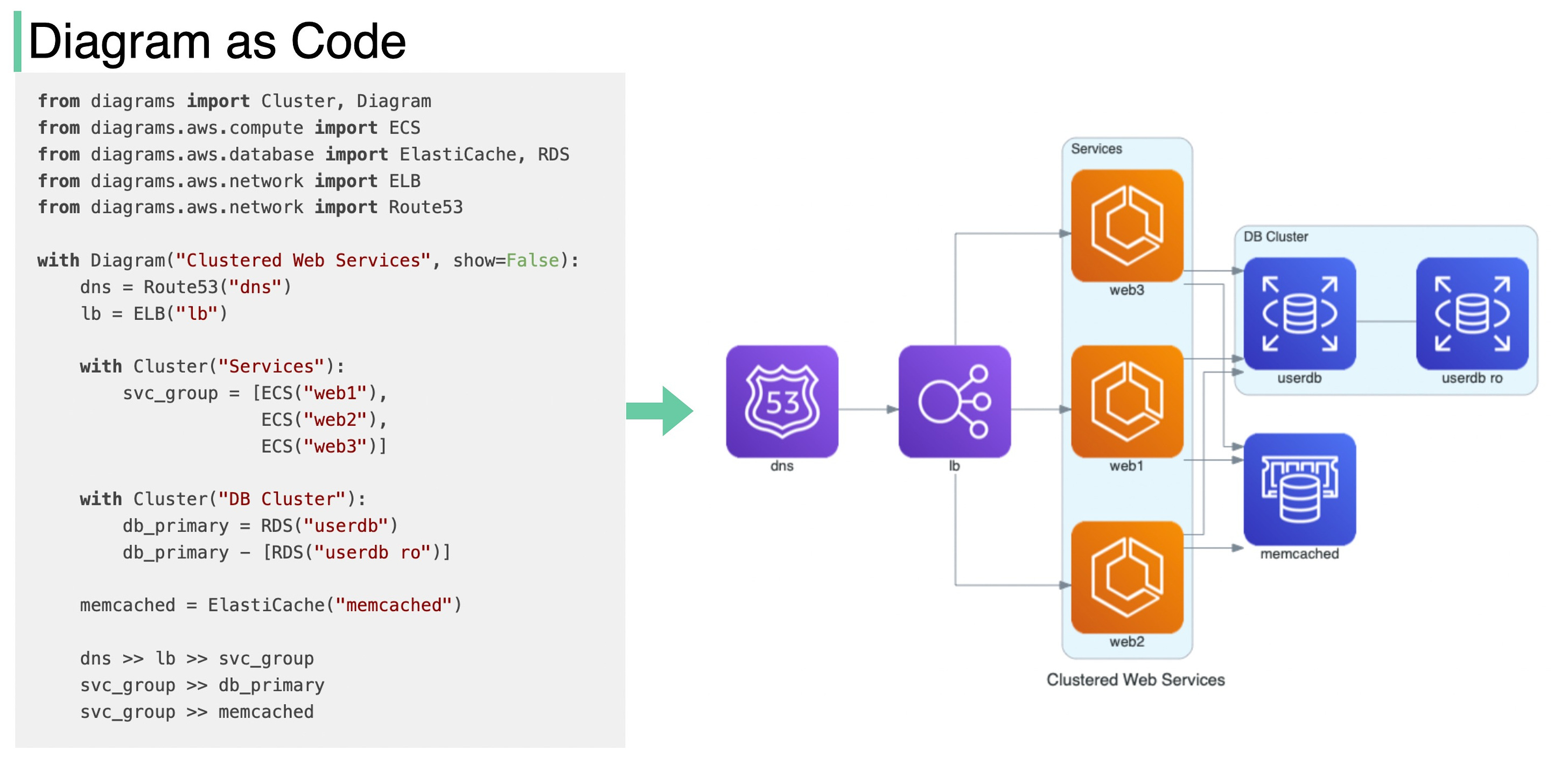
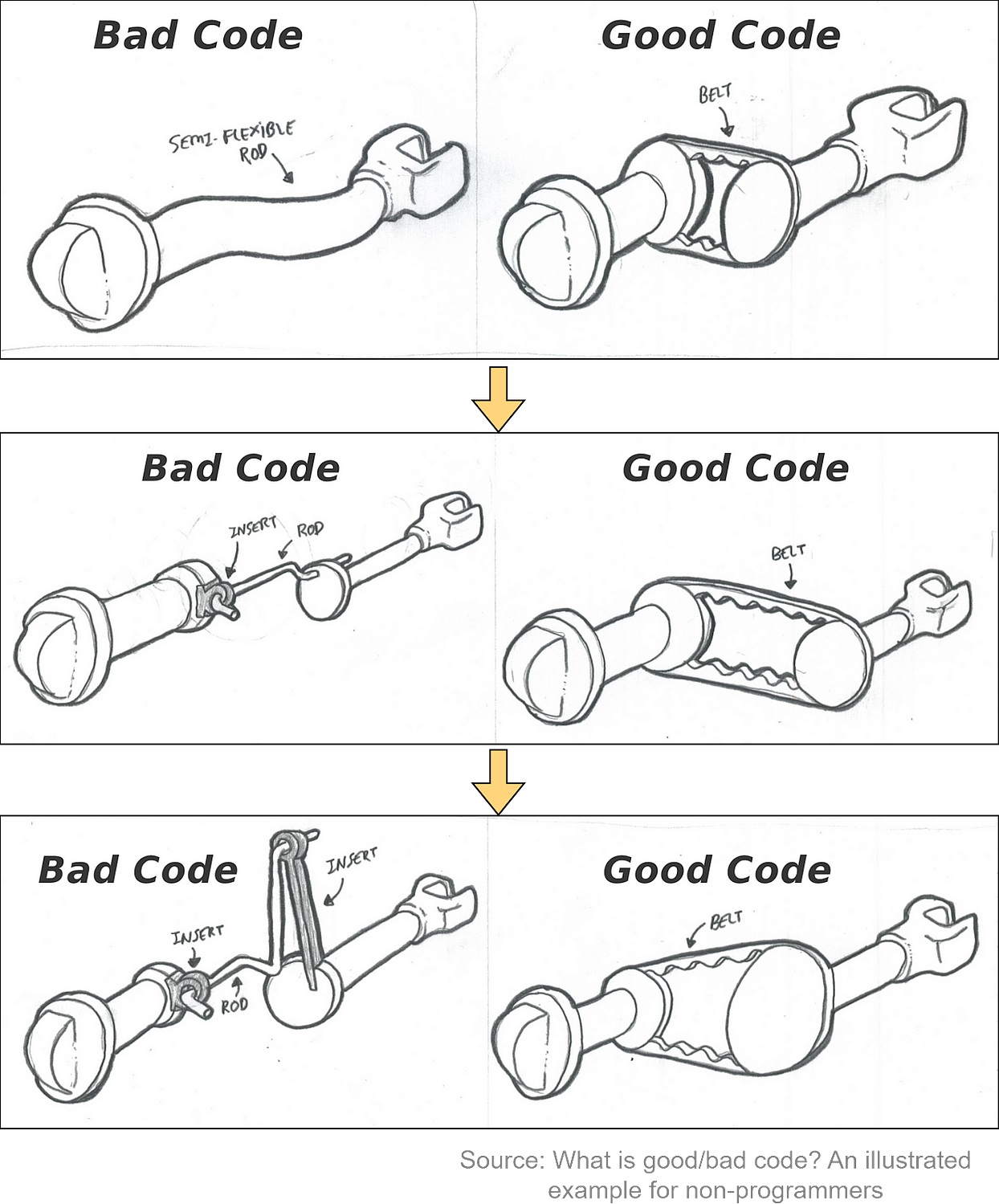

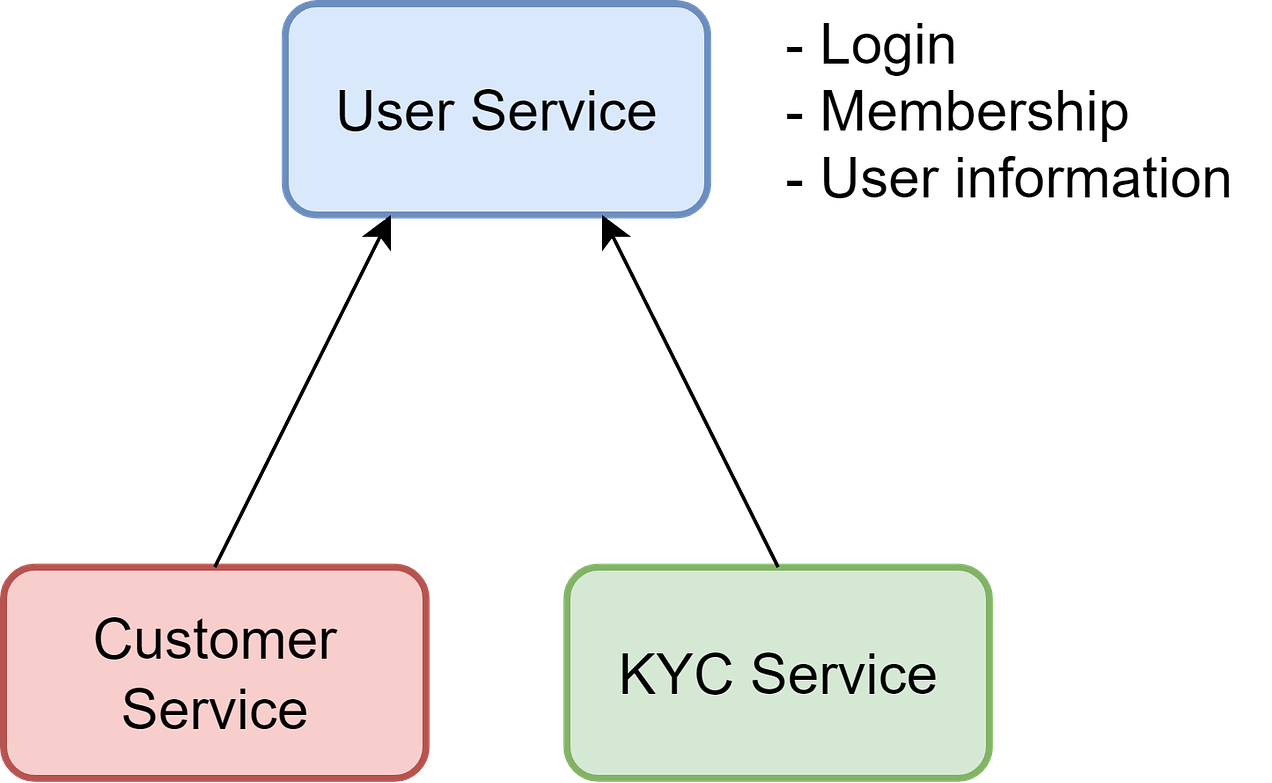
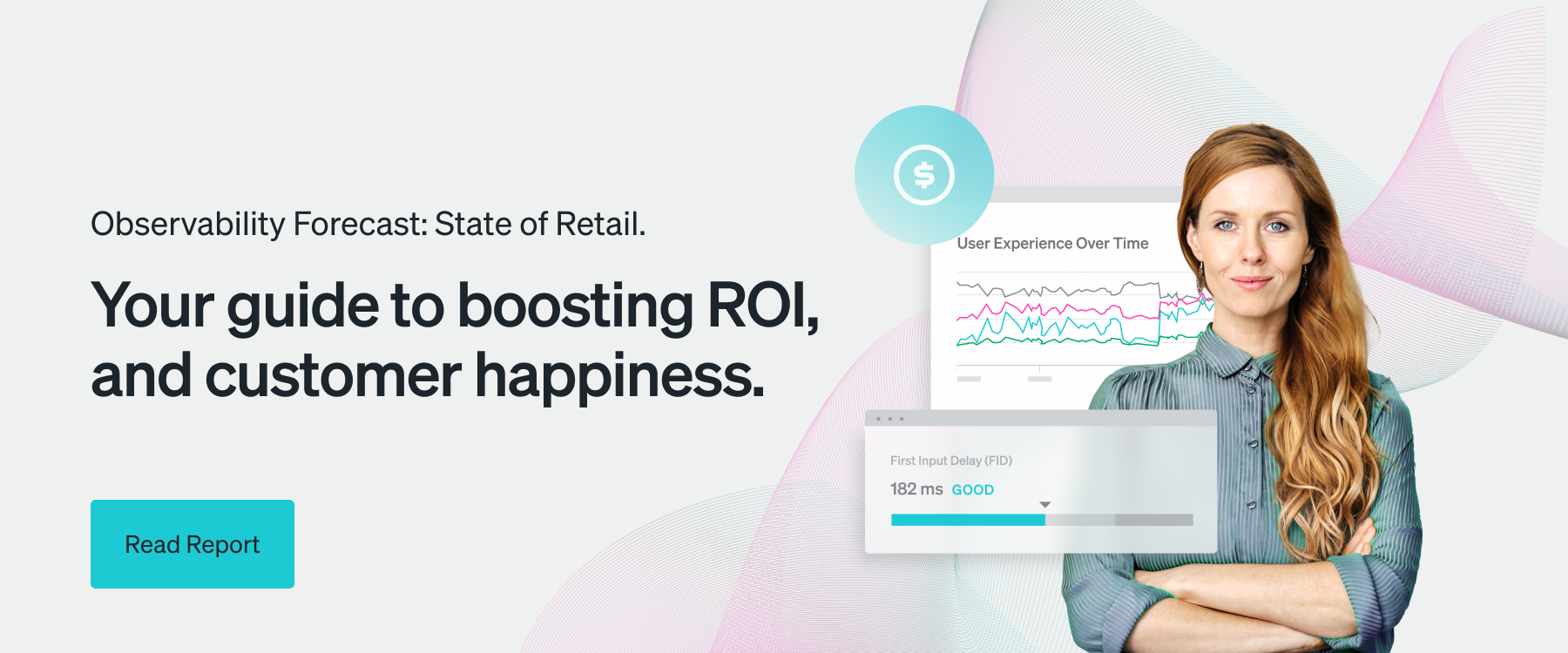





-1.png?width=1200&upscale=true&name=Leap_%20Observability%20Con%20Email%201%20(1)-1.png)










